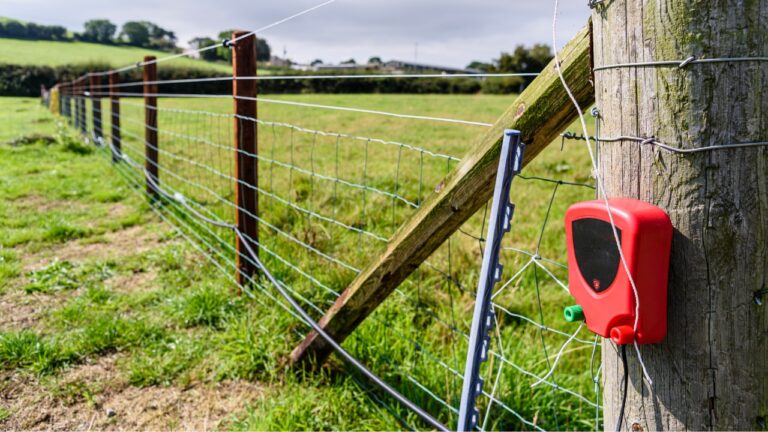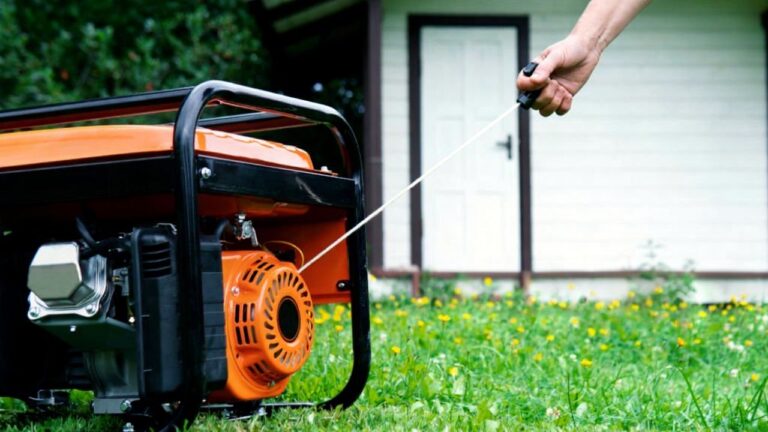10 Things You Need in Your House Before the Grid Fails
If the grid ever goes down—whether for a few hours or a few weeks—you don’t want to be caught scrambling. Power outages can mess up more than your lights. Heat, water, food, communication, and safety all take a hit.
Having the right stuff already in your house makes a huge difference. It’s not about stockpiling everything under the sun. It’s about being ready with the essentials that will actually keep you functioning. Here’s what you’ll want on hand before anything fails.
A Reliable Water Supply

When the power’s out, water can stop flowing—especially if you’re on a well or pressure-fed system. You need a stash of clean drinking water in bottles or jugs, plus some for cooking and hygiene.
Aim for at least one gallon per person per day for several days. If space is tight, get collapsible containers or water bricks. Bonus if you’ve got a gravity-fed filter or something like a Berkey to clean questionable water.
Backup Heat Source

No power often means no heat, especially in homes that run fully electric. A wood stove, propane heater (rated for indoor use), or kerosene heater with proper ventilation can keep you warm when it matters most.
Don’t forget the fuel—propane tanks, firewood, or kerosene need to be stocked ahead of time. If nothing else, pile up extra blankets, Mylar sleeping bags, and hand warmers in a pinch.
Battery-Powered or Crank Radio
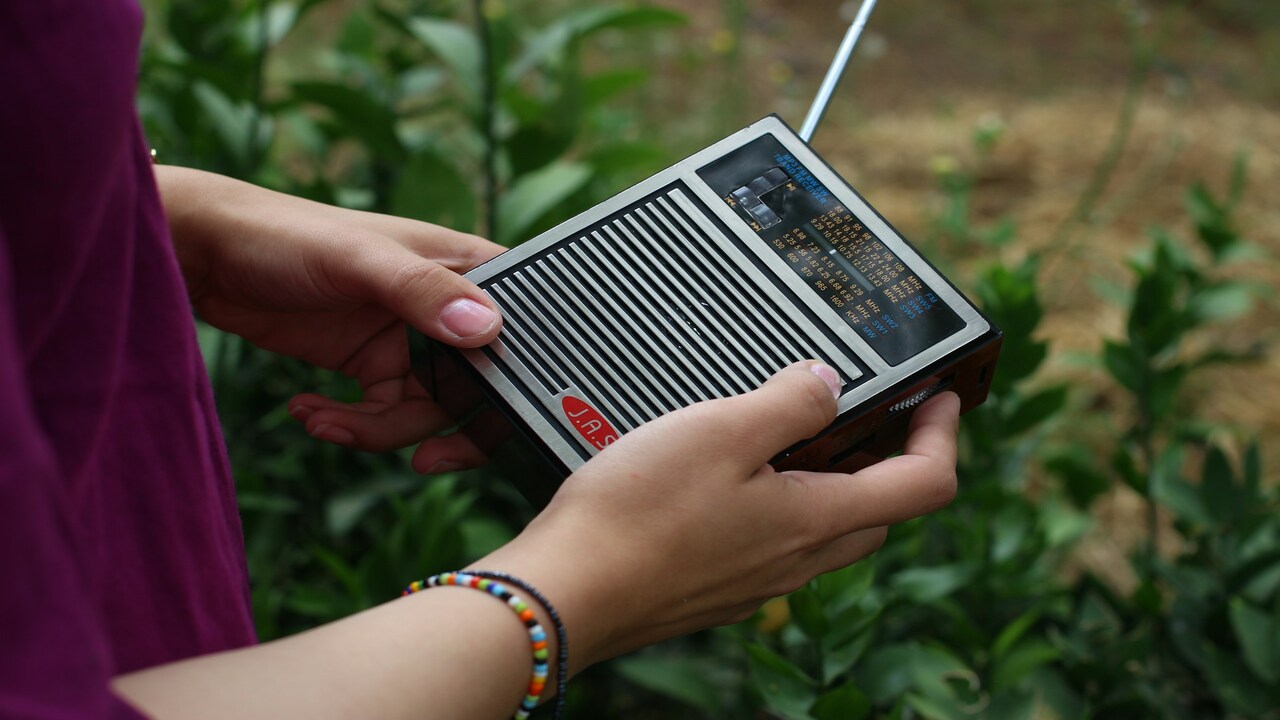
You won’t know what’s going on if your phone dies and you can’t get a signal. A small emergency radio—ideally one with battery, solar, and crank power—can keep you updated.
Local weather alerts, emergency broadcasts, and updates from your region are vital in a real emergency. Make sure it’s stored where you can find it fast and has fresh batteries nearby.
Light You Can Count On
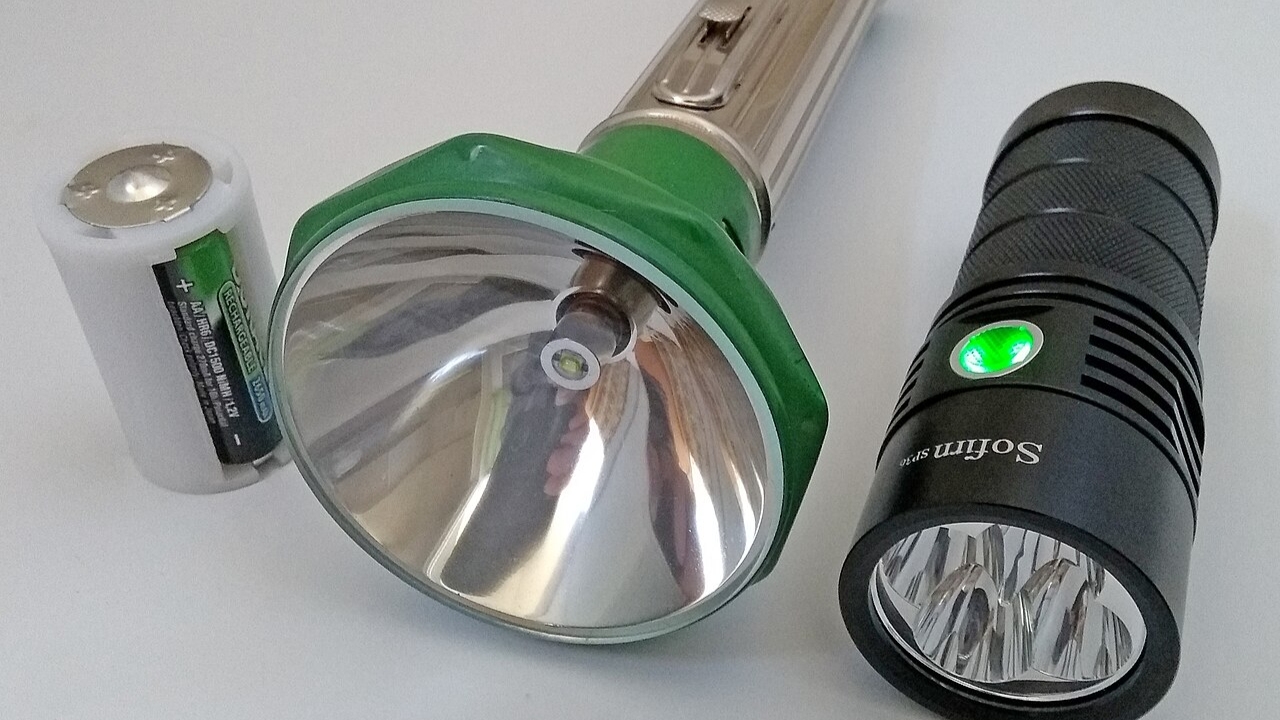
Candles help, but you’ll want better. Headlamps, battery-powered lanterns, and solar lights make everyday tasks safer and easier in the dark.
Stock extra batteries or keep your lights charged up between uses. Motion-sensor stick-on lights are great for bathrooms and hallways. Avoid open flame when possible, especially with kids or pets in the house.
Long-Lasting Food
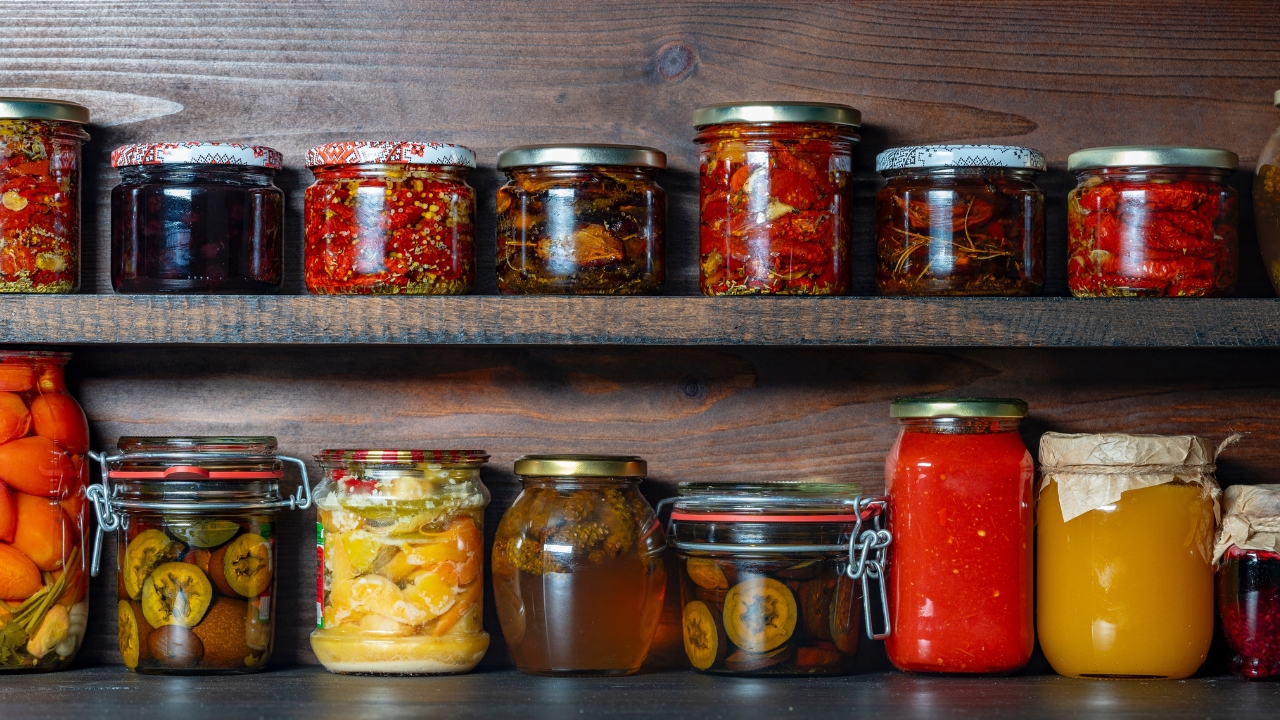
Your fridge won’t last long without power, so shelf-stable food is key. Think canned goods, peanut butter, pasta, rice, and anything that doesn’t need refrigeration.
Don’t forget a manual can opener and a way to heat food, like a camping stove or propane grill. Keep it basic—no one’s looking for gourmet meals when you’re in survival mode.
Way to Cook Without Power
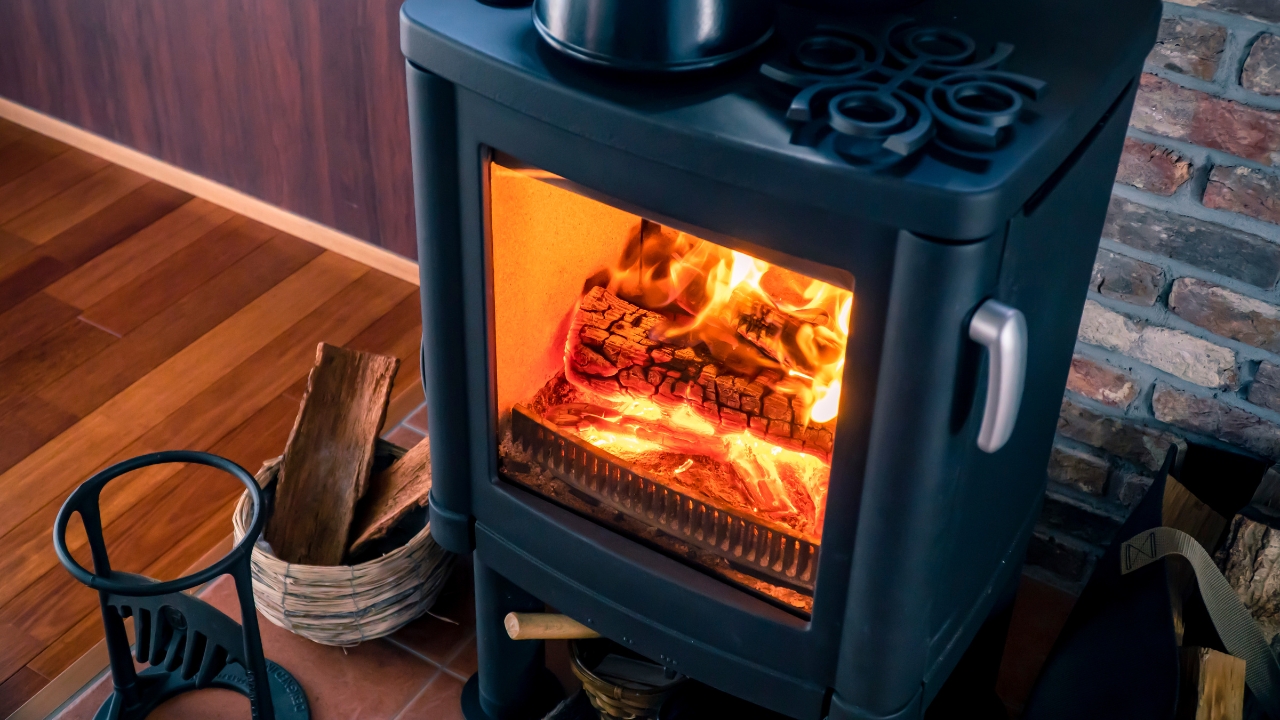
If the oven’s down, you still need to eat. A propane camp stove, grill, or rocket stove lets you boil water and cook meals safely outdoors.
Never use these inside unless they’re rated for it. Keep extra fuel handy, and know how to use your gear before you actually need it. Fire starters and waterproof matches are a bonus.
Backup Power for Basics

You don’t need a whole-house generator, but something to charge phones, run lights, or power a small fan can go a long way. Portable power stations or small solar panels help keep things running.
Even a charged-up battery bank for your phone makes a difference. Look at what you use daily, then make a plan for how to keep it working when the grid’s down.
Basic First Aid Supplies

You don’t want to be digging through junk drawers when someone gets hurt. A stocked first aid kit should be easy to access and ready for cuts, burns, and other minor injuries.
Include extra meds, allergy relief, bandages, and ointments. If anyone in your house has medical needs, stock extras of their prescriptions when possible. Power outages aren’t the time to run out.
Backup Toilet Plan
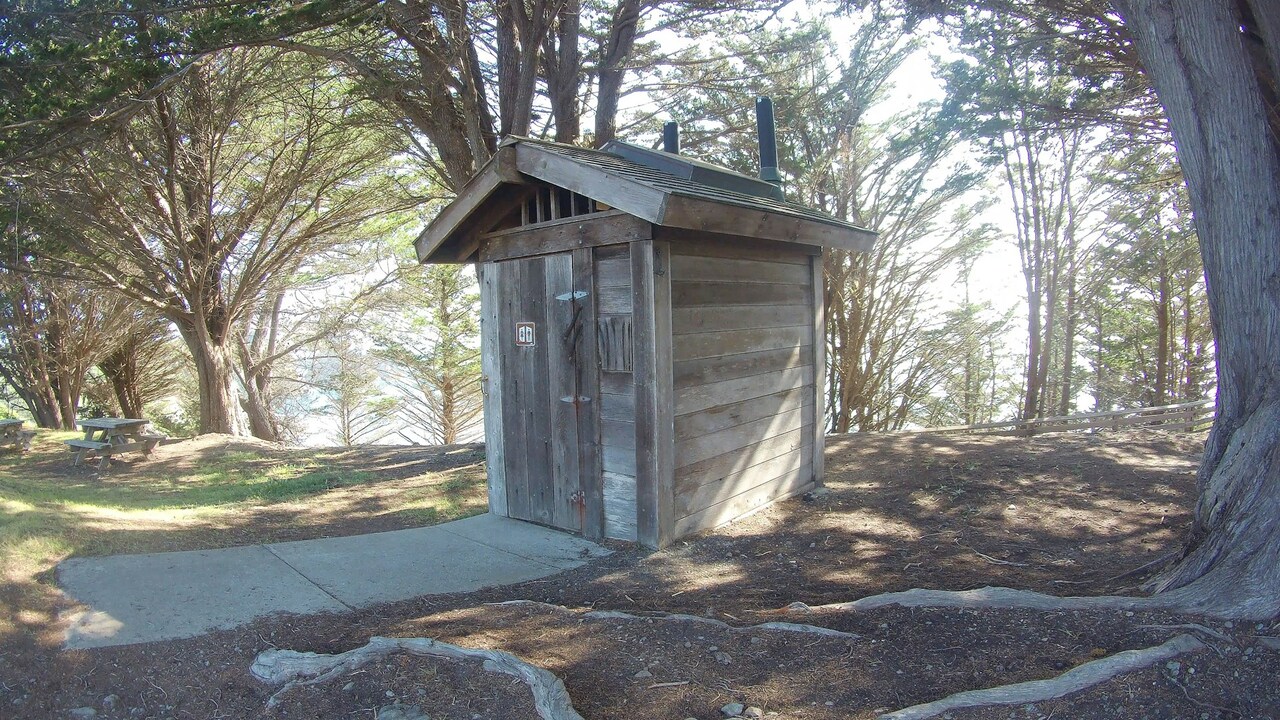
If your water shuts off or you can’t flush, things get gross fast. Keep a backup in mind—whether that’s a camping toilet, a five-gallon bucket with liners, or access to an outhouse.
Stock toilet paper, trash bags, and disinfectants. If you’re dealing with a longer outage, being able to manage waste safely keeps everyone healthier and more comfortable.
Extra Fuel and Firewood

Power’s out? That means no pump at the gas station. Keep gas cans safely stored for generators, vehicles, and outdoor cook setups. Label them and rotate as needed.
If you’ve got a wood stove or outdoor fire pit, make sure you’ve got dry firewood, kindling, and something to light it. Wet or green wood won’t help you when the temperature drops.
*This article was developed with AI-powered tools and has been carefully reviewed by our editors.



